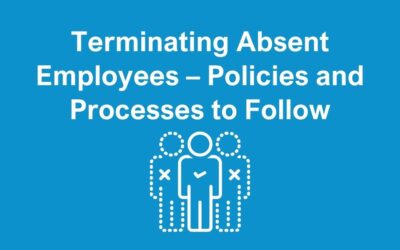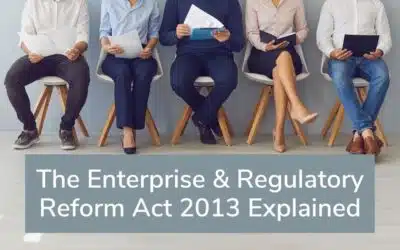The rising costs of running a business, including increased national insurance contributions for employers, have placed significant pressure on organisations across the UK. For many, these financial strains mean tough decisions are unavoidable, with redundancy often...
Employment Law
UK Employment Law Updates: A Look Back On Key Changes
Discover the key annual updates in UK employment law, ensuring you stay informed with the most crucial changes and legal requirements for your business.
Zero Hours Contracts Guide for Employers
Zero hours contracts have become a prominent feature in the modern workplace, sparking considerable debate among employers, employees, and policymakers. These contracts, which do not guarantee a minimum number of hours, provide flexibility for both businesses and...
What is the Good Work Plan?
One of our most frequently asked question this month is, what is the good work plan? so we thought we would give you a quick overview. In December 2018, the government published its Good Work Plan. This is designed to implement the proposals made in the 2017 Taylor...
Adverse Weather Policy – is your business prepared?
As we approach December, we are bracing ourselves for the snow and ice to suddenly appear. In addition, It's important you have an adverse weather policy in place to prepare for this. The events of the adverse weather from March is fresh in our minds, and as the...
When Will The National Minimum Wage Rise?
National Minimum Wage Changes The change in National Minimum Wage is quickly approaching next month. We thought it would be helpful to remind you that the National Minimum Wage changes come into effect on 1 April 2018. As a manager, it can be helpful to put a plan...
Do I Have to Pay Employees for Snow Days
Do I have to pay employees for snow days? The adverse weather in the UK has brought the public to a standstill. Many of us are worrying about how this will affect pay roll and employee compensation. Regular enforcements of red and amber warnings makes travelling to...
Employment Tribunal Fees Regime is Unlawful
Last week, the Supreme Court ruled that Employment Tribunal fees regime is unlawful. If you’re a fair employer and have adequate HR and employment procedures in place, then you will have little to worry about. I’ve read lots of scare blogs and stories over the last...
20 Criteria That Should be on Any Employment Contract
A contract is more than just a document both you and your employee sign to memorialise your employment agreement. And, while there are bare minimums the law requires in any contract, you should never follow those minimums as guidance for your own program. Moreover, a...
Terminating Absent Employees – Policies and Processes to Follow
Dealing with absent employees who aren't at work due to health issues is a tough process to follow, particularly if you feel a lot of sympathy for the individual's plight. Terminating employees needs to be a well-managed and fair process. However, long-term absence...
Holiday Pay Update April 2015
Regular readers will be aware of the developing cases around holiday pay, specifically in relation to overtime and commission. We were already aware of the ruing around overtime, and on 25 March 2015, the long-awaited outcome in Lock v British Gas was handed down by...
The Enterprise and Regulatory Reform Act 2013 Explained
The Enterprise and Regulatory Reform Act 2013, aimed at aiding UK small businesses, introduces key changes like overhauling the tribunal system, updating copyright laws, and simplifying regulations. It focuses on reducing unnecessary overheads and legal burdens, including revising health and safety rules and encouraging settlement agreements over tribunals, while introducing a fast-track system for challenging anticompetitive behavior and simplifying equality measures.












